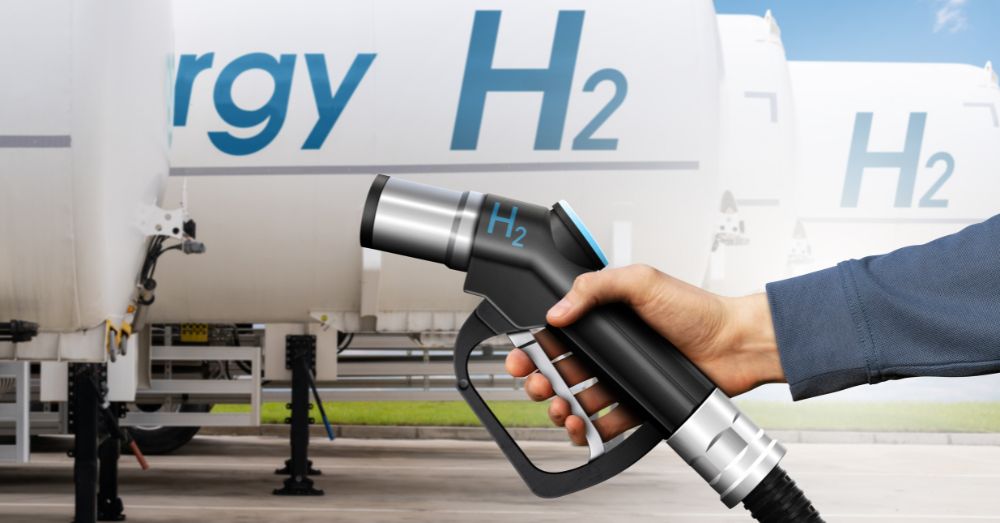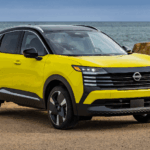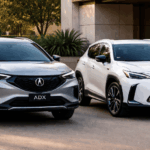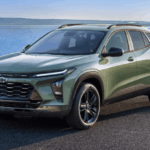The automotive industry is undergoing a massive transformation, and electric vehicles (EVs) are dominating the conversation. Toyota, on the other hand, has remained committed to hydrogen fuel cell technology as an alternative path toward carbon neutrality. The recent unveiling of its 3rd Gen Fuel Cell System marks a major step forward, promising improved efficiency, lower costs, and durability that rivals traditional diesel engines.
But what does this mean for the future of the automotive market, and where do used cars fit into the equation? As hydrogen technology progresses, it could reshape how we think about vehicle longevity, resale value, and sustainability in the secondhand market.
What Makes Toyota’s 3rd Gen Fuel Cell System Different?
Toyota has been a leader in fuel cell vehicle (FCV) development since the launch of the Mirai in 2014. While FCVs have yet to reach mainstream popularity, Toyota’s newest generation of hydrogen fuel cells aims to change that by offering:
- Double the durability compared to previous systems, matching the lifespan of diesel engines.
- 20% more cruising range, making hydrogen-powered cars more practical for long-distance driving.
- Lower production costs, making the technology more accessible for both passenger and commercial vehicles.
With these advancements, Toyota plans to expand its hydrogen technology beyond passenger cars to include buses, trucks, ships, and stationary power generators.
The Impact on the Used Car Market
While the focus of Toyota’s hydrogen push is on new vehicles, the technology could have a ripple effect on used cars in several ways:
- Longevity and Resale Value: If Toyota’s fuel cell systems truly match the durability of diesel engines, hydrogen-powered vehicles could hold their value better over time. A used hydrogen vehicle may become a more attractive long-term investment compared to traditional gasoline or early-generation EVs.
- Shifting Demand for Gas and Diesel Vehicles: As hydrogen adoption increases, demand for traditional internal combustion engine vehicles may decline. Gas-powered used cars will remain relevant for years to come, but the resale market could shift as fuel-efficient and alternative-fuel vehicles become more popular.
- Hydrogen vs. EVs: Currently, used EVs have been experiencing depreciation concerns due to battery degradation and limited range improvements with each new model. If hydrogen-powered vehicles can offer better durability and range without performance loss over time, they could provide an alternative to used EVs for eco-conscious buyers.
Is Hydrogen the Future of Secondhand Cars?
Despite its potential, hydrogen still faces challenges. Refueling stations are limited, and the adoption of fuel cell vehicles depends on widespread investment in hydrogen production and distribution. For now, used cars, especially reliable gas-powered models, remain a more dominant choice for cost-conscious buyers.
If Toyota’s 3rd Gen Fuel Cell System lives up to its promises, it could mark the beginning of a shift where hydrogen-powered vehicles become a more viable long-term option. As technology improves and refueling infrastructure expands, hydrogen vehicles might just carve out a lasting place in the automotive market for new and used buyers alike.







Leave a Reply